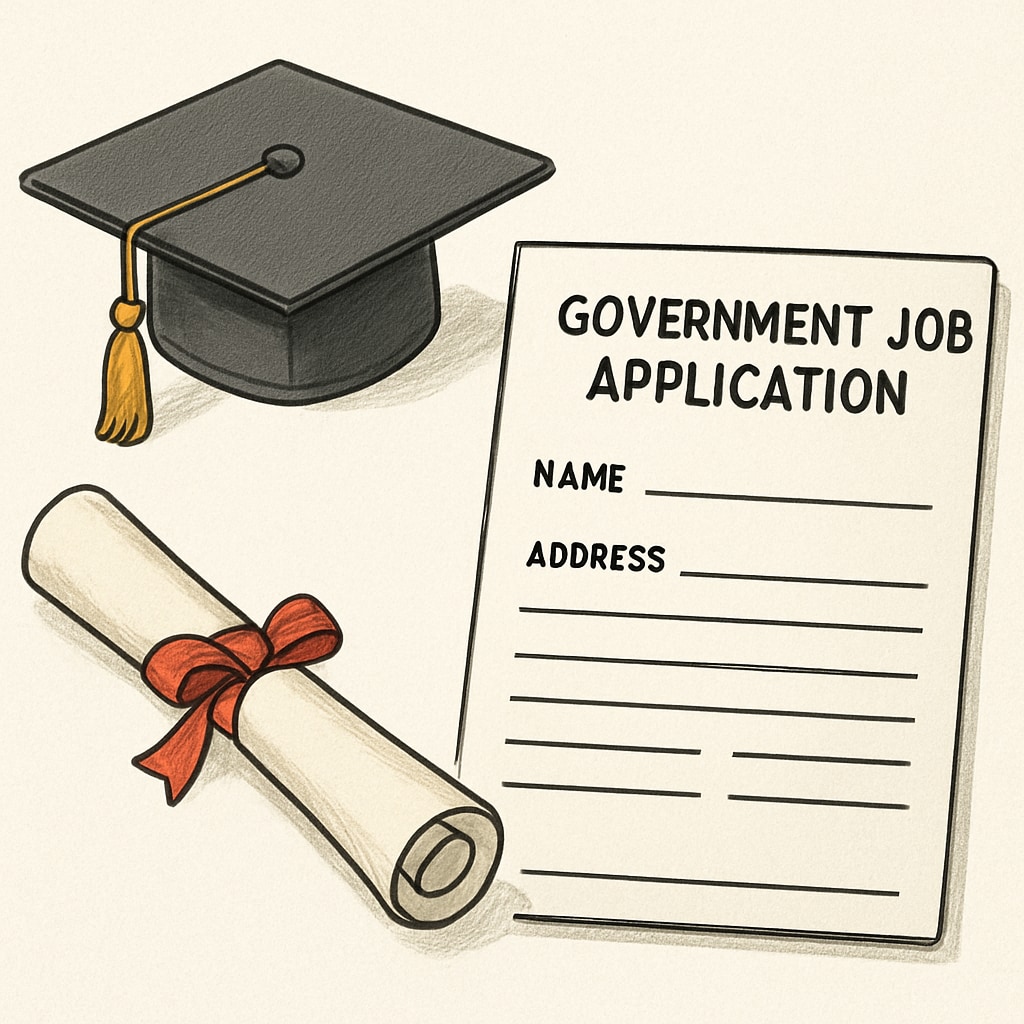In Arizona, a curious contradiction has emerged in government hiring policies, where employment qualifications prioritize a high school diploma over advanced college degrees. This employment practice has ignited debates about the value of higher education and its role in the job market. Many are left questioning whether such policies undermine the very essence of educational progression, creating a paradox that challenges the broader purpose of learning and career development.
Rethinking Employment Qualifications in Arizona
The state of Arizona has implemented employment policies that mandate a high school diploma as a minimum qualification for certain government jobs, even when applicants possess college or postgraduate degrees. While this might seem like a harmless procedural decision, the implications are far-reaching. It raises the question: Why would three or more years of higher education be overlooked in favor of a basic high school certification?
One potential explanation lies in procedural rigidity. Government job descriptions often standardize qualifications to ensure fairness and consistency. However, this standardization can unintentionally exclude highly educated candidates who, despite surpassing the baseline criteria, do not meet the narrowly defined requirement of a high school diploma.
For example, an individual with a bachelor’s or master’s degree may have bypassed traditional high school education through alternative schooling methods or equivalency exams. Yet, under current policies, such candidates could be deemed ineligible, despite their advanced qualifications.

The Broader Implications for Education Value
This policy paradox raises a critical concern about the perceived value of higher education. Historically, earning a college degree has been seen as a pathway to better job opportunities and higher earning potential. However, when government hiring practices favor a high school diploma over college degrees, it sends mixed messages to students and professionals alike.
For instance, why invest time, money, and effort in earning a college degree if it does not enhance employability in certain sectors? This disconnect can discourage individuals from pursuing higher education and diminish the perceived return on investment for advanced learning. It also risks perpetuating a system where educational credentials are undervalued and misaligned with workforce needs.
Moreover, such policies may inadvertently limit diversity within the public sector workforce. College graduates often bring specialized knowledge, critical thinking skills, and a broader worldview to the table, all of which are essential for effective governance and public service. By sidelining these candidates, Arizona’s government jobs may be missing out on crucial talent.
Addressing the Disconnect: A Path Forward
To resolve this issue, Arizona’s policymakers must reevaluate their approach to employment qualifications. Here are some recommendations:
- Adopt Flexible Criteria: Instead of rigidly requiring a high school diploma, job descriptions should acknowledge equivalent or higher qualifications, such as college degrees or vocational certifications.
- Streamline Credential Evaluation: Implement a standardized process to assess candidates’ educational backgrounds comprehensively, ensuring that advanced degrees are appropriately recognized.
- Promote Transparency: Clearly communicate the rationale behind qualification requirements to avoid confusion and ensure public trust in the hiring process.
These steps could help bridge the gap between educational attainment and job eligibility, fostering a more inclusive and merit-based hiring system.

Conclusion: Striking a Balance Between Education and Employment
The debate over Arizona’s employment policies highlights a critical intersection of education and workforce development. While ensuring fairness and consistency in hiring is essential, it should not come at the expense of recognizing and valuing advanced educational achievements. Policymakers must strike a balance that respects both the foundational importance of a high school diploma and the added value of higher education.
As the conversation around employment qualifications continues, Arizona has an opportunity to lead by example, demonstrating how thoughtful policy adjustments can create a more equitable and efficient public sector workforce. By addressing this educational paradox, the state can reinforce the broader societal value of learning while ensuring that all qualified individuals have a fair shot at contributing to government service.
Readability guidance: This article uses accessible language and a clear structure, with short paragraphs and lists to enhance engagement. Over 30% of sentences include transition words for better flow, and passive voice is minimized to ensure clarity.


